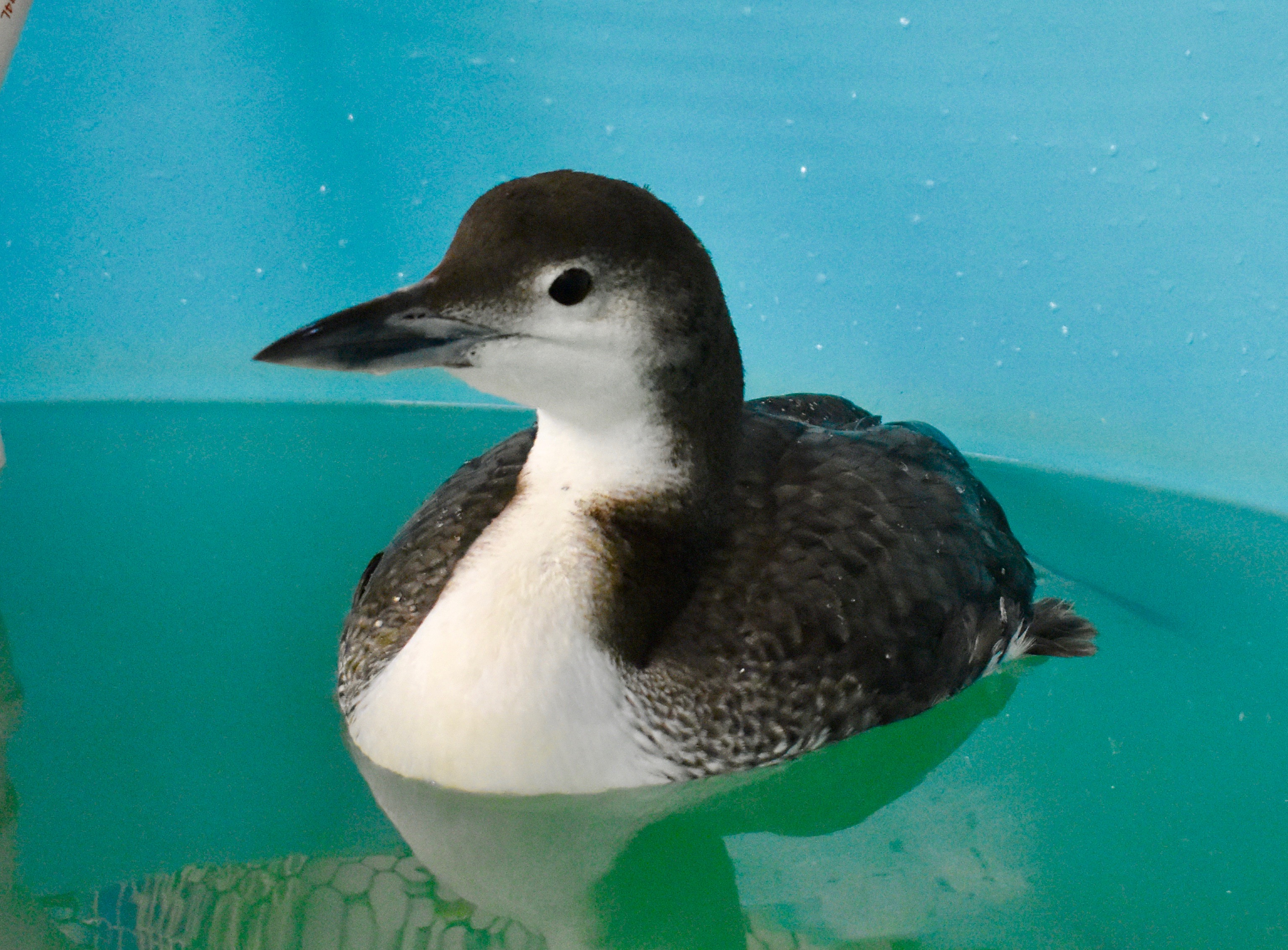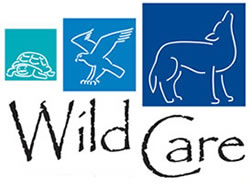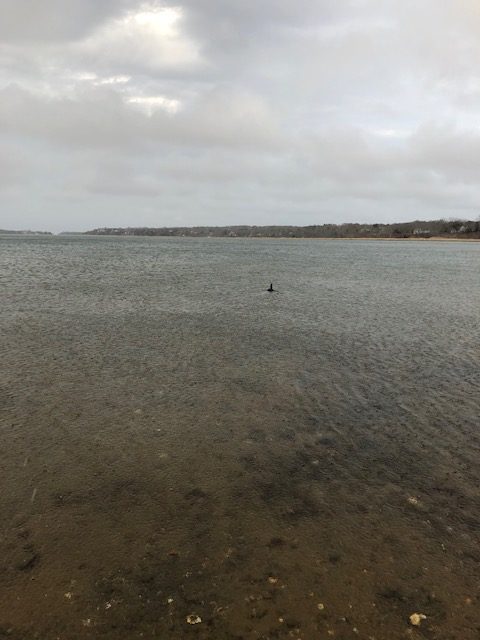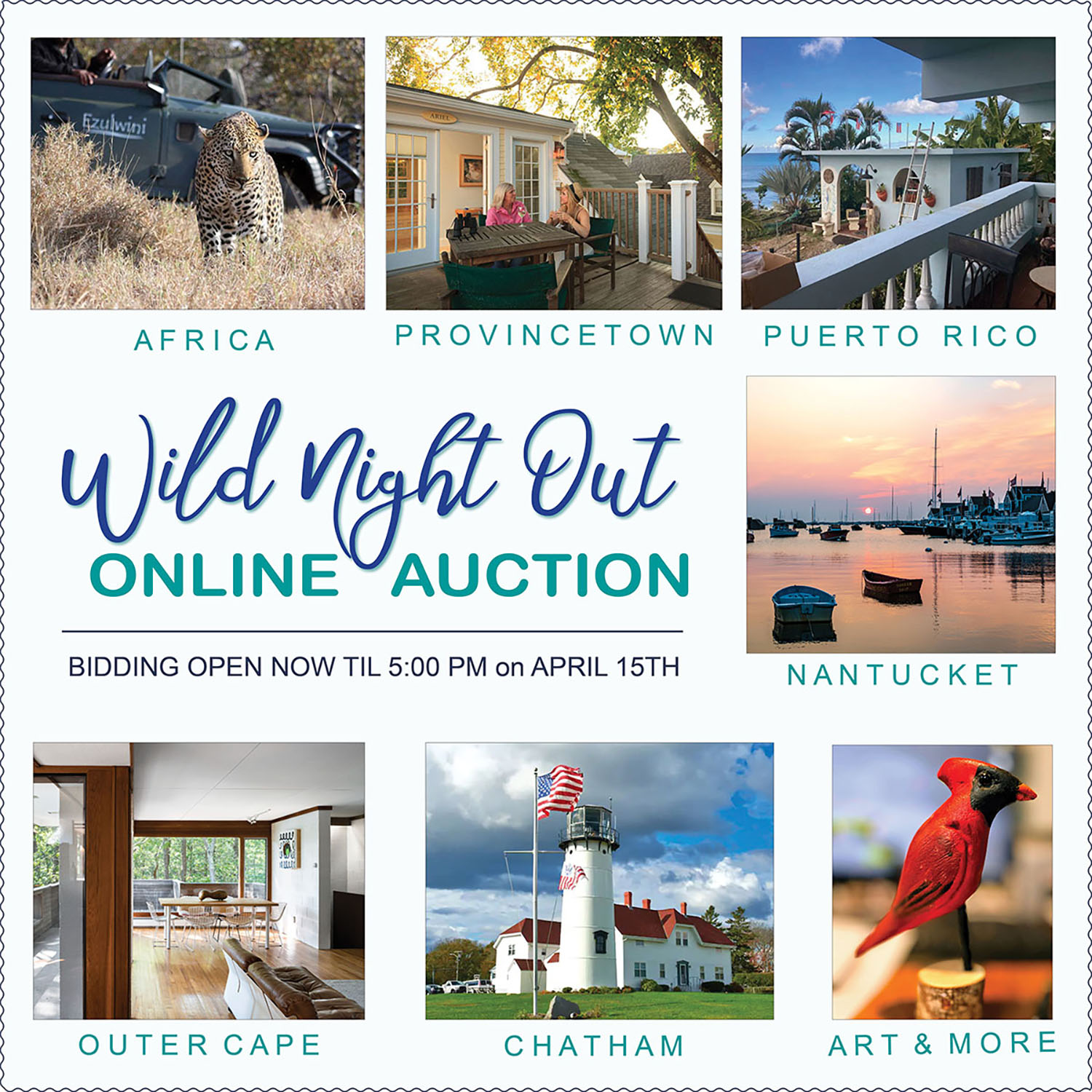
Loon From Hell
By Jennifer Taylor, Animal Care Coordinator
Releasing an animal from Wild Care seems like a simple thing; an animal comes in sick or hurt, we fix it and then we let it go. Simple? Not really. Knowing when to release an animal is not always clear. We have learned that spontaneity is premium, and we have learned to trust our gut.
For instance, this week Leah and I had to make a call on the fate of a Common Loon, (COLO #83)
We had treated it for 17 days. Our fellow Rehabilitator, Kate, rescued this bird with a Dept. of Natural Resources officer, in the dunes of the outer beach at Nauset (Orleans). It came in dehydrated, emaciated, and hypothermic but was quite active. Radiographs (x-rays) were clear. There was no lead poisoning, and we de-wormed it. The Loon remained active, aggressive and was a difficult patient to keep calm. This is a stressor for us, because Loons’ beaks can break very easily. We had to pad its crate and pad anything around the bird when handled. We try our best to eliminate stress for our patients. But this bird was stressed. We often heard its mournful cry in our clinic. We needed to handle it twice daily for the first few days to provide fluids, medication and nutrition – it would not eat on its own. The loon was not waterproof when we began swimming it in our warm therapy pool. FINALLY, it began eating. Its waterproofing improved, and it began eating! We bribed it with dozens of live shiners from the bait shop. Loons are picky eaters, and are seldom fooled by thawed fish.
The recovery then sped up exponentially and on the 17th day at Wild Care it truly became the “Loon From Hell”. We were already anticipating its release, and acclimating it to the cold air and water temperatures. Suddenly, the bird was no longer manageable for just one person. COLO #83 was waterproof and ready to go back to nature, ASAP! HOWEVER — the March winds were extreme and thunderstorms were predicted. As Wildlife rehabbers, we know that these are not good release conditions for a bird that has just been so compromised. We decided to leave him in the pool overnight, monitoring with remote cameras, to wait out the bad storms. At the end of one day, we monitored his behavior while alone in the pool. UGH! The bird was banging its wings against the sides of the pool and trying to escape! We had no choice, this loon needed to be released right away or it would injure itself overnight. Despite the weather, we went with our gut, based on experience.
Leah and I are not wimps. We had to act fast to keep ourselves AND THE BIRD safe. We could not let it break its wings, feathers or beak. We tried to keep it calm, to ensure the bird would be released. Neither of us had ever experienced such an angry Loon. By nature, the Loon’s offense and defense is their sword-like beak. They are powerful birds who stab intruders to death. They swim up from beneath and pierce their enemy’s chest. This is what was flashing through my mind as I saw it pause, aim and lunge toward my throat.
Well, we got it into a stab-proof container and secured it with duct tape, while the whole container was bumping up and down. Yikes! Poor Loon! I almost forgot that this creature was 1,000 times more stressed than we were.
Leah quickly drove it to Orleans Town Cove. It was getting dark, the wind was intense, and it was starting to rain. The bird jumped out of the box and did everything we hoped it would do. It swam directly away from shore, dove underwater and kept going. After a few minutes, two other loons swam over to it. We were stressed at this point, but they just hung out together without aggression. Leah and I went home knowing we had made right decision- bad weather or not. This bird was back in the wild where it belonged!
(Top photo by Kerry Reid. Bottom photo: Leah Myrbeck – Bon Voyage!)
Wild Night Out Online Auction
READY, SET, BID… We are so excited to announce that our Wild Night Out Online Auction is now live!
READ ALL NEWS
CALENDAR OF EVENTS
04 April, 2024
Wild Night Out Online Auction
EVENT DETAILS
05 April, 2024
Wild Night Out
EVENT DETAILS
28 February, 2024
Wildlife Winter/Spring Talk Series
EVENT DETAILS

DID YOU KNOW??
Wild Care has a state-of-the-art seabird therapy pool, which allows seabirds and waterfowl to exercise on running water. This will help our bird friends recover more quickly so they can get back to their watery habitats!


